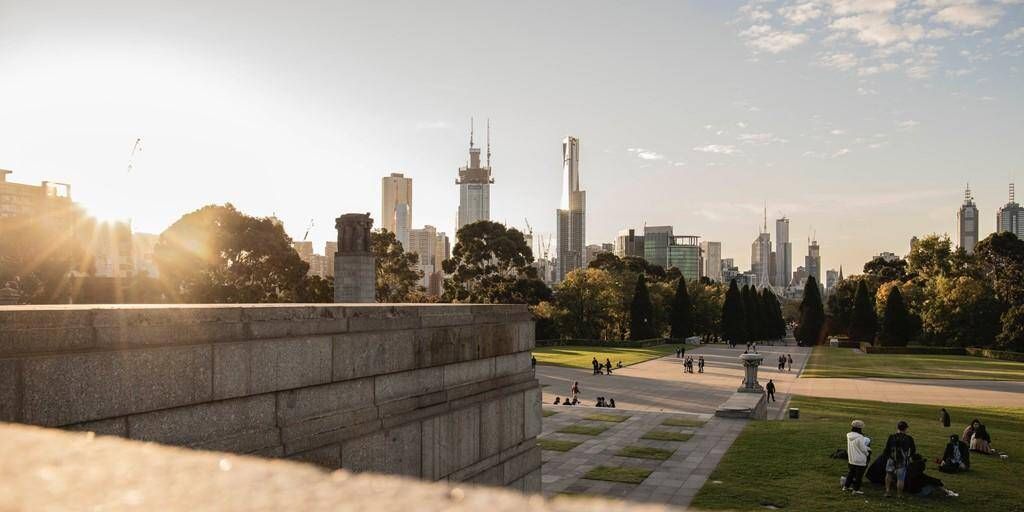Emirates is responding to a spike in travel demand across its network through the scaling up of its operations.
The decision follows a recent announcements that the United Arab Emirates (UAE) would be added to the amber list in the UK.
At the same time, the UAE has eased entry protocols for 12 countries, including South Africa, Uganda, Zambia, India, Pakistan, Sri Lanka, Bangladesh, Vietnam, Indonesia, Nigeria and Afghanistan.
In line with the easing of restrictions, the airline will be restoring capacity across 29 cities on its network on over 270 flights.
By October, the airline will increase its services to 73 weekly flights to the UK, including a six times a day London Heathrow operation, double daily A380 flights to Manchester, ten weekly services to Birmingham and daily services to Glasgow.
From today, Emirates will begin serving London Heathrow with three daily flights, all operated by its flagship A380.
Throughout August and September, Emirates will gradually increase its operations to London Heathrow, and by the middle of October, the airline will have restored its operations to six daily flights, of which four will be served by the A380.
Emirates currently flies to 12 cities in the United States on over 70 weekly flights, and will be adding additional frequencies to Houston, Boston and San Francisco over the course of August to accommodate for the seasonal influx of travellers.
The airline will also be boosting capacity on its four weekly services to New York JFK to its flagship A380 from August 13th, improving travel options for customers connecting to/from the major US city from across the airline’s network.
Emirates has increased flights to Johannesburg from daily to 11 weekly flights, with the addition of four linked flights with Durban, and the airline also flies to and from Cape Town with three weekly services.
The airline has also reinstated capacity on its flights to and from Lusaka (linked with Harare) and Entebbe with five weekly flights each.



















